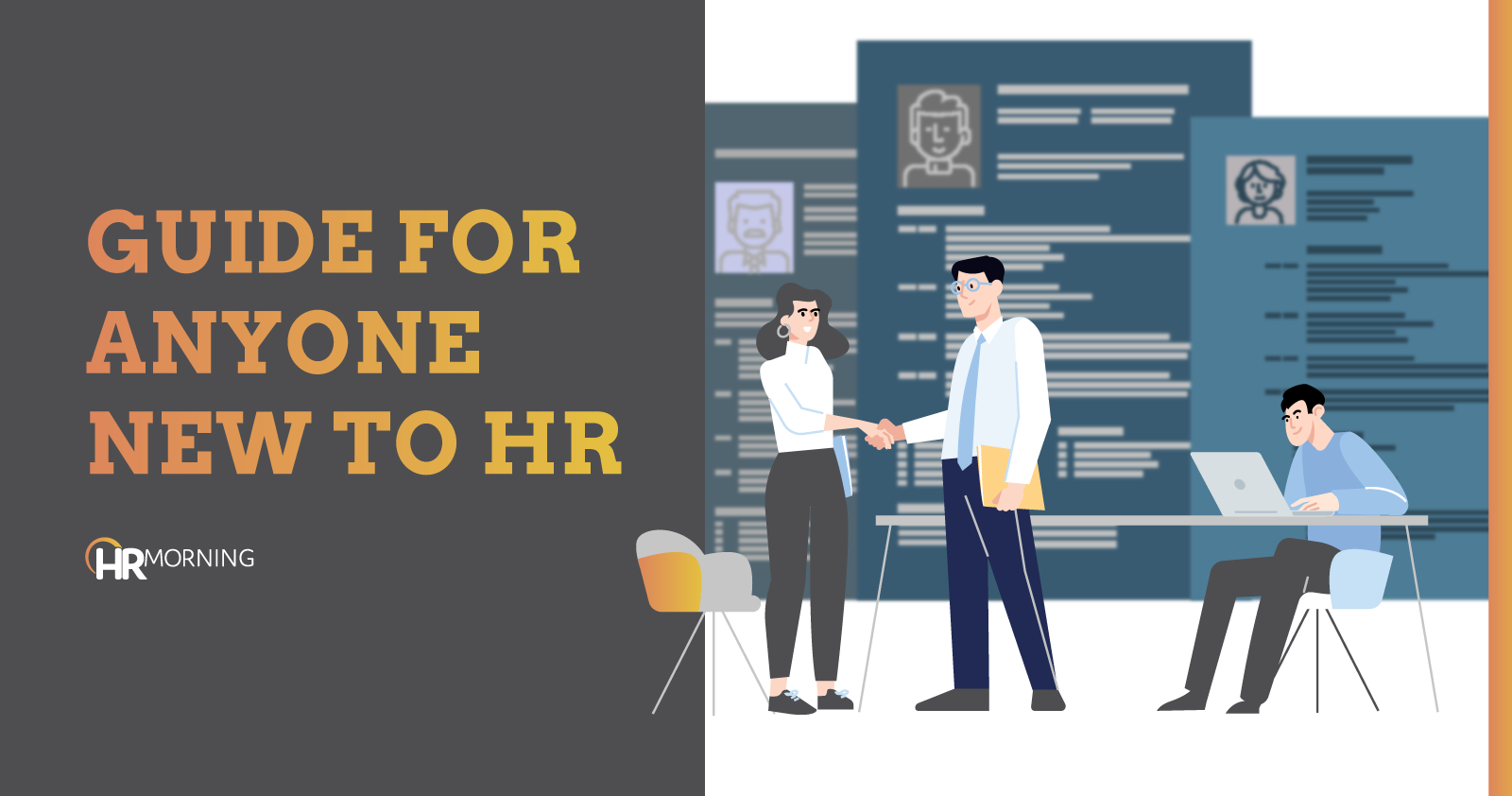HR is not easy. So why do it? It’s something to consider when you’re new to HR.
Seriously, do you need to face all the complexities of HR?
After all, in HR you have to hear about injuries that are gross, read harassment emails that are haunting, and fire really nice people. So why do people go into HR and why should you care?
When I was new to HR
One day I was given an intern. I asked if they had a second major in mind and if it was too late to change careers. It’s just not easy to be in HR.
Admittedly things were harder when I was new to it. I had to fight to have a seat at the table. Now the seats are there but HR still has work to do and most of it is not easy. So instead of asking the intern if they were ready to interpret every work conversation and test it for signs of manipulation until they retire, I decided to focus on the skills that I learned over time which I found to be vital and a positive force for my companies.
What are the skills junior HR people should hone? It’s also a list seasoned HR people should know well.
1. Get a good set of website bookmarks
Government sites for FMLA, the IRS calculator, OSHA guidance, DOL guidelines, and of course any industry or legal sites where you can find information. You can’t always rely on AI chatbots. Some are not continually updated and some may have incorrect information altogether.
I asked one about jury duty laws in a locality and when I got the wrong answer I said, “Are you sure that’s correct for this city?” I got a different answer and an apology. You need to know how to do your own research and build your own toolkit. Don’t guess. Look it up.
2. Never rush to judgment
You can’t ever jump to conclusions or decide a verdict before considering all sides in any scenario. This is not just a rule for investigations but in general.
A manager wants to fire someone because they aren’t skilled enough. You need to determine if there will be a replacement needed, if the division is staffed right, and if others are failing this way too.
You also have to look at the person. Were they trained? Were they warned? Do they have the right skills?
What if you are told about office politics gone wrong? You have to play detective each time and solve the problems as best you can.
Always stick to your written policies and continue to enforce them. What you’ve done for others you keep doing unless you draw a new line in the sand. You’ll need to be aligned with managers to do a good job. Never rush to judgment, but assure others you will handle and return with a resolution. This builds trust.
3. Ask questions
A lot of questions. Ask as many as a lawyer would. No. More. Was it documented? Did you see it yourself? Did they ask for the time off or tell a co-worker about it? Were there any witnesses? What outcome are you hoping to achieve? How many incidents were there? Did you bring this to anyone’s attention before? Why do you think the policy is unfair? Did you ask them to stop? Which job requirements do you feel are unnecessary for your role? Did you address verbally or in email? You can’t learn if you don’t ask.
4. Always act with respect
A plaintiff attorney once told me that employers get sued due to a lack of respect.
When disciplining or firing an employee be kind. That person has bills and liabilities and a family. Loss of income is scary.
Even if as a result of a violation, be kind. Be respectful. We are all people. People don’t sue the employer who showed empathy and warned them about poor performance.
People sue the employer who screamed and was cruel and showed anger and embarrassed them and acted without warning. While “evil HR” departments still exist, so do bad companies and they probably have one. Don’t be it.
5. Don’t share
HR has SOOOOO many stories. I could write novels! But keep your mouth shut. These are humans. Your job is with humans. Sit alone and eat your lunch. People appreciate you. Trust me, they do.
Things will not go well for you if you gossip or share stories. Be very careful with what you know. Integrity is what will make you successful.
So what is HR?
HR helps people. HR is vital to a company’s success. We’re the first line of defense in an employee relations matter. We coach leaders to be fair. We train managers to help others accomplish their goals.
We often eat alone and can’t trust anyone at work sometimes. We have a separate culture from the rest of the company and a lot of time we’re blamed for a lackluster one.
Each department has its own world but HR has all of them. We navigate employment policies and answer questions. Most HR departments and HR people are there to help and guide and aid success. We just can’t get too chatty but we see it all.
A powerful HR department, no matter its size, has a company with little ripples, not waves, because your HR superhero handled it. Have no fear, HR is here.


